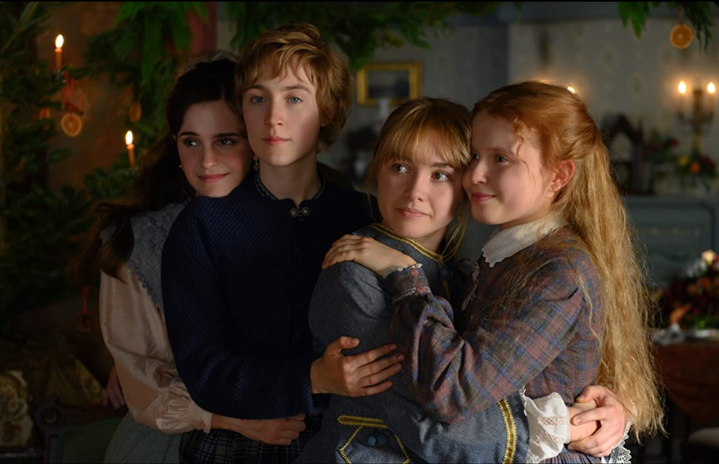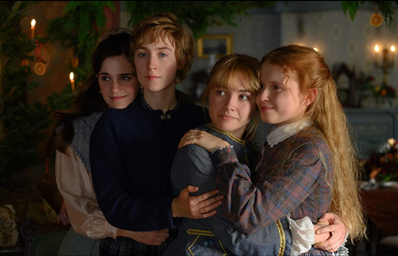What do you call something that norms fail to understand? Weird! A word used in significantly diverse contexts – I feel weird, this taste is weird, that dress is weird, she’s weird. Did you ever think that the on screen and real time evolution of the ‘weird girl’ reveals a hopeful trajectory of Gen Z’s place in future? Weird, right?
The sticking out like a sore thumb weird girl is an interesting pop culture character primarily because of the multiple ways in which this personality has been perceived. Traditionally, they have been characterized by personal preferences that made them subjects of ridicule or fear. A math loving girl; glass and braces wearing geek; the walking piercings/ tattoo catalogue donning a bold hair color; black mood embodying goths; a middle aged single woman living with cats or our very own Anjali with a short hair cut. These women were saved or normalized by a man or a makeover, with their strangeness reduced to a phase to be gotten over. In a patriarchal world, norms of coolness or the right version of individuality are shaped by the aspirations and desires of the status quo. These norms relate to interests, style, sexuality, profession and literally any medium through which one’s individual self is expressed. Autonomy, choices and candidness rarely meet the set standards of acceptance.
Cut to an era wherein categories of weirdness are adored and accepted, we find characters like Phoebe from Friends, Jess from New Girl, Safeena in Gully Boy with their signature quirks. Rather than being labelled as the black sheep, the nuances of their character were explored. They are fun, feisty, dynamic and en route to self love and acceptance. Though in this climate, the ridicule has shifted to norm-abiding stereo typically feminine characters. The clingy needy girly girl is a trope employed to highlight the main character’s uniqueness- how she’s not like other girls. This pseudo-idiosyncrasy becomes highly toxic when it is believed to exist outside the fiction screens and fuels a culture of women pitted against each other. Wider acceptance creates a social hierarchy, valuing the weird more than the basic. Quirky becomes a material aesthetic to keep one at par with trends. Essence of weirdness gets lost as it becomes standardized and commercialized by norms.
Weirdness is circumstantial thus a behavior might be weird in some settings while a norm in the other. A sense of wholesome weirdness is satisfactorily portrayed in Greta Gerwig’s Little Women. The movie centers on four sisters having streaks that would categorize them as weird according to different norms of womanhood. Meg has the potential to be an actress, though all she wants is marrying the man she loves; Joe resents lady-like roles and wants to make it big as a writer; Amy seeks fame and fortune through high society associations and Beth is an introvert pianist. In their journey on celluloid, they grow and shed of their previous weird selves to become versions that derive from their former weird tendencies. The plot develops in a truly live and let live scenario, wherein appreciating one type of weird doesn’t mean criticizing the other.
Weirdness is not being static with a set norms of quirk, it’s transitory and evolves itself to bring oneself closer to their complex capable selves. With categories of society being incessantly challenged, a gear towards a world where individuals are valued for being there own actualized selves is more likely than before. In fact, a study by McKinsey affirms that people from Gen Z value individual expression, avoid labels and mobilize themselves for a variety of causes, in contrast to the millennial demographic who are more confrontational and less willing to accept diverse viewpoints. The contrasting mix of individual values and societal compassion among the Gen Z proves that the better one knows themselves, the better one understands the world.
Oppressive systems persist because all 7 billion+ people bleat more or less the same song; the 7 billion+ inhabited Earth might save itself from doom through fruition of 7 billion+ selves. These unapologetic women are our inspiration to challenge the strange norms of existence that are forced as an ideal. Though in this challenge to the ideal, one should be mindful of the variegated routes to the same end.


